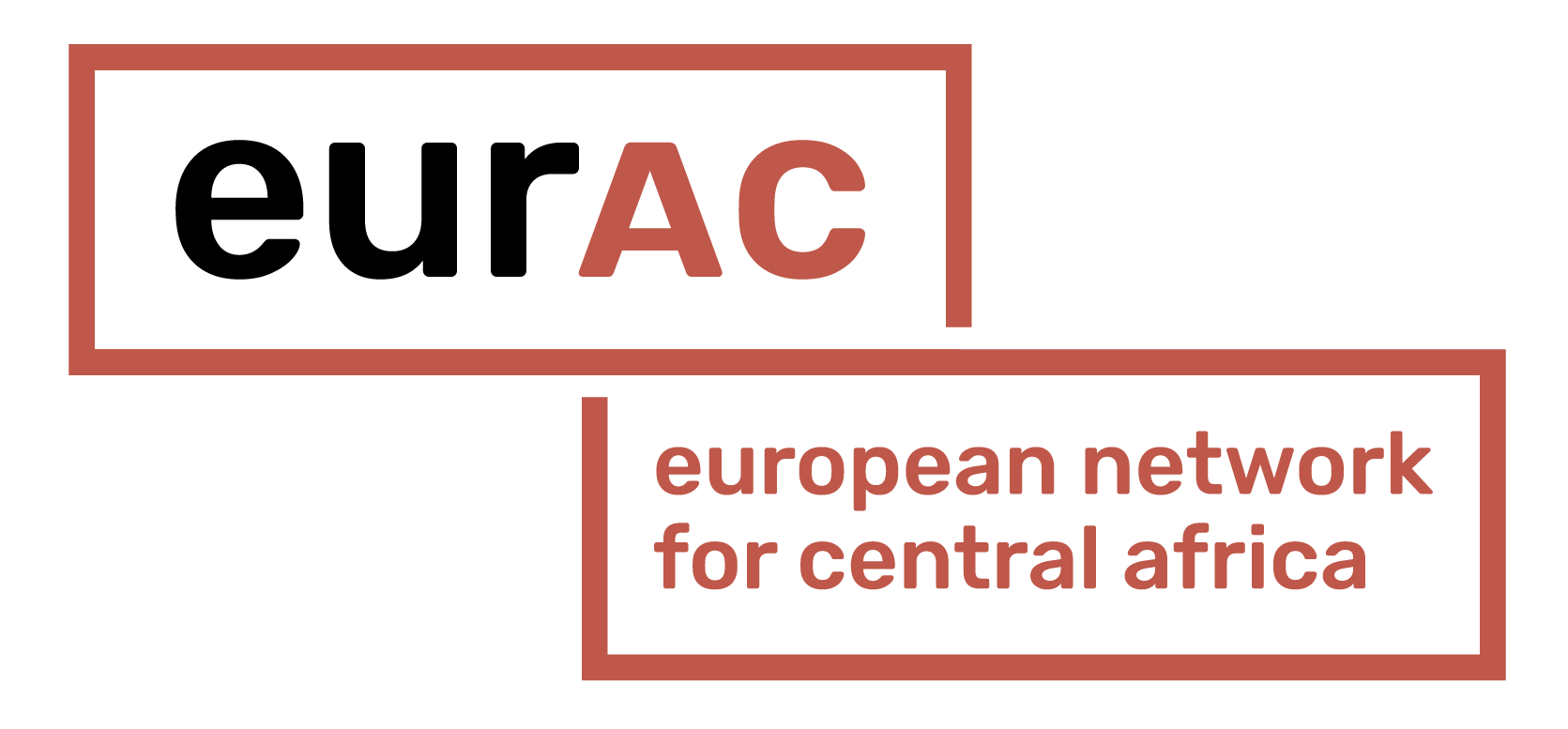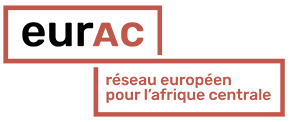European Regulation on the responsible sourcing of minerals: The EU is (once again) about to weaken the upcoming Regulation
The European Network for Central Africa (EurAc) calls on representatives of European Union (EU) Member States and of the European Parliament participating in the trilogue to revisit their copy on the establishment of the ‘White List’ of smelters and refiners certified as ‘responsible’ and on the definition of exemption thresholds for ‘small’ volumes of minerals and metals of tin, tantalum and tungsten (commonly called the ‘3Ts’) and gold imported into the EU.
Indeed, these two mechanisms, as discussed in the trilogue, introduce additional loopholes into the upcoming Regulation which aims to combat the financing of armed groups and human right violations through the mineral trade in conflict-affected and high-risk areas, such as the DRC. EurAc also regrets the decision taken in June 2016 to produce an indicative list of conflict-affected and high-risk areas; such a list would have a negative effect on the efforts expected from companies and will once again stigmatize the Democratic Republic of Congo (DRC).
The European Commission, the European Parliament and the Council of the EU are in the process of concluding the trilogue about the new European Regulation on responsible sourcing of minerals coming from conflict-affected and high-risk areas. In anticipation of the conclusion of the technical discussions about the new Regulation, due to take place on 22 November, and with a view to avoiding further weakening of OECD standards (additional to that resulting from the political agreement between the European Parliament and the Council of the EU of 15 June 2016), today EurAc releases a new analysis, listing our key concerns and recommendations, for the attention of the participants in the trilogue.
The current technical discussions in the trilogue pave the way for a number of new loopholes that risk further undermining the overall effectiveness of the Regulation and thus its impact in conflict-affected and high-risk areas. On the one hand, the establishment of a ‘White List’ of so-called ‘responsible’ smelters and refiners increases the risk of ‘whitewashing’ a considerable number of companies whose due diligence practices will not be adequately or not at all assessed in order to be approved as being compliant with OECD standards, which are nonetheless supposed to be the minimal standard applied by the Regulation.
On the other hand, according to the agreement reached in June 2016, companies with annual imports that fall under a specified annual threshold, i.e. ‘small volumes’ of imports considered marginal in terms of market share, will not be required to comply with the due diligence obligations contained in the Regulation. The trilogue participants are currently in the process of defining thresholds for each of the 3Ts and for gold, and, according to our information, the thresholds currently under discussion regarding gold imported in mineral or metal form will be 100 kilogrammes. ‘This is a somewhat surprising figure if one considers the value of 100kgs of gold (about 3 million Euro, depending on purity and the market) and taking into account the aim of the Regulation, namely to limit the financing of armed groups and human rights violations through the minerals trade. In the African Great Lakes region, of the four minerals covered by the Regulation gold is undoubtedly the one most commonly used as a source of enrichment by armed groups’, according to Guillermo Otano Jiménez from Alboan (a Spanish organisation member of EurAc).
This applies not only to gold, since the other exemption thresholds under discussion in the trilogue for the 3Ts are estimated in tonnes and also correspond to values of several million Euro.
‘We urge participants in the trilogue to define exemption thresholds associated with imports on the basis of their monetary value and the risks of financing armed groups or human rights violations that those imports pose in conflict-affected and high-risk areas, and not solely on the basis of the relative volume – limited though it may be – that they represent. The import of 3 million Euro worth of gold from a conflict-affected zone is a high-risk operation that should be subject to a minimum control of the supply chain’ states Frédéric Triest from EurAc.
The political agreement of June 2016 also envisages that an indicative list of conflict-affected and high-risk areas will be produced along with the Regulation. ‘This list will lead to the stigmatisation of regions and countries, notably the Eastern DRC, and to dissuading companies from sourcing from them’ according to Gesine Ames from ÖNZ (German organisation member of EurAc). EurAc and its Congolese civil society partners therefore fear unequal treatment between different countries and/or regions, of which the DRC would most certainly be the first to suffer the consequences. In addition, a list covering entire countries or areas will not provide companies with the exact information they need to carry out effective and targeted due diligence.
These loopholes in the system for responsible sourcing of minerals are problematic because, if not seriously addressed by the participants in the trilogue, they could undermine the effectiveness of the Regulation and thus the legitimacy of the intentions of the EU, which has repeatedly declared its ambition to fight against the vicious circle linking the mineral trade to the dynamics of violence and instability in central Africa.
To read the full version of EurAc’s new analysis, please see here.
For further information and/or to request an interview, please contact:
Julie Capoulade – EurAc Comms & Advocacy Officer
julie.capoulade@eurac-network.org
Office: +32 2 725 47 70
Mobile: +32 499 81 01 77

